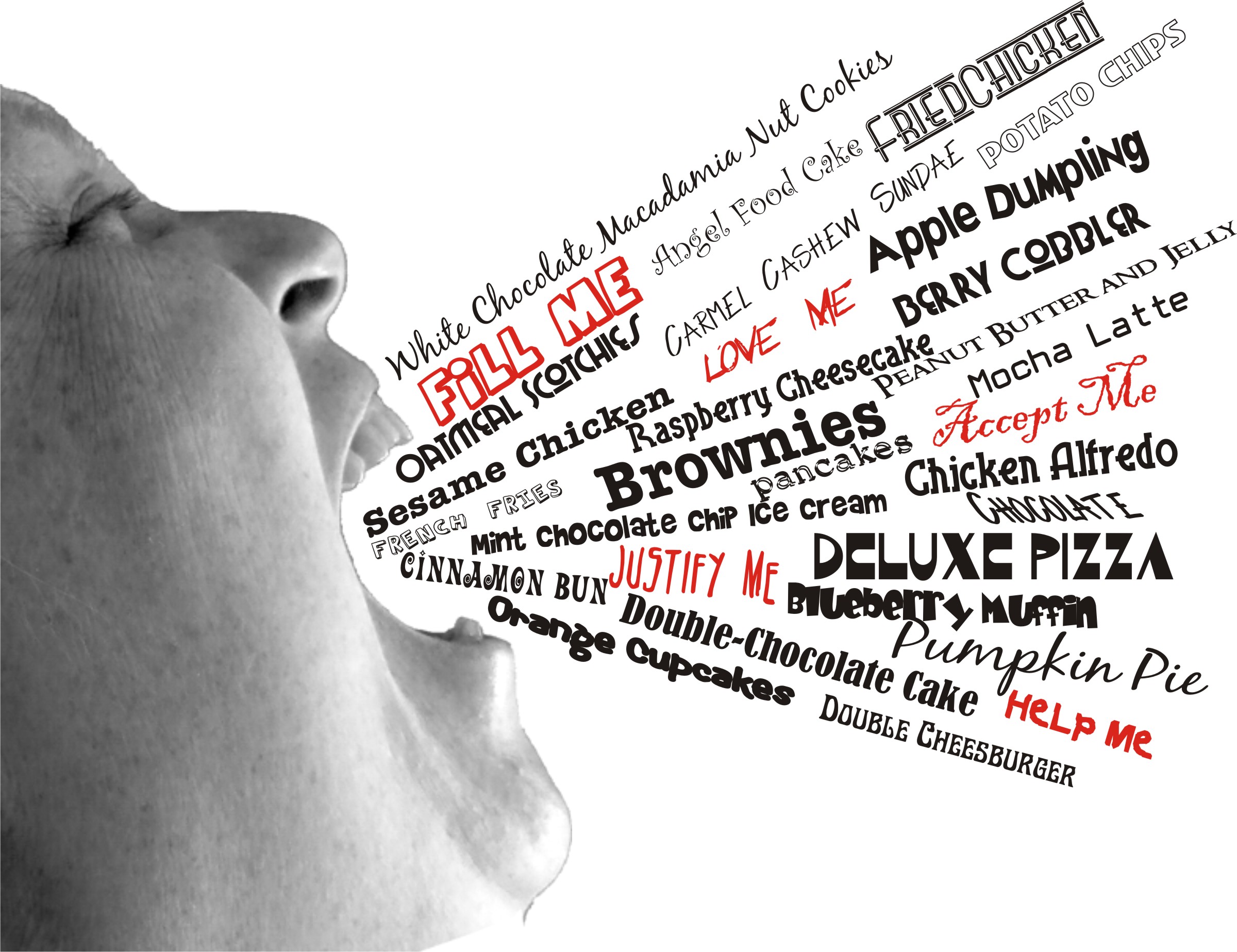Eating disorders are actually serious and often fatal illnesses that cause severe disturbances to a person’s eating behaviors. Obsessions with food, body weight, and shape may also signal an eating disorder. Common eating disorders include anorexia nervosa, bulimia nervosa, and binge-eating disorder.
Eating Disorder
Psychiatric Disorder
Eating Disorder
Anorexia Nervosa
Anorexia nervosa is diagnosed when patients weigh at least 15 percent less than the normal healthy weight expected for their height. Hallmarks of anorexia include:
- Limited food intake
- Fear of being “fat”
- Problems with body image or denial of low body weight
The following symptoms may develop as the body goes into starvation:
- Menstrual periods cease
- Osteopenia or osteoporosis (thinning of the bones) through loss of calcium
- Hair/nails become brittle
- Skin dries and can take on a yellowish cast
- Mild anemia; and muscles, including the heart muscle, waste away
- Severe constipation
- Drop in blood pressure, slowed breathing and pulse rates
- Internal body temperature falls, causing person to feel cold all the time
- Depression and lethargy
Bulimia Nervosa
People with bulimia nervosa have recurrent and frequent episodes of eating unusually large amounts of food and feeling a lack of control over these episodes. This binge-eating is followed by behavior that compensates for the overeating such as forced vomiting, excessive use of laxatives or diuretics, fasting, excessive exercise, or a combination of these behaviors. Unlike anorexia nervosa, people with bulimia nervosa usually maintain what is considered a healthy or relatively normal weight.
Symptoms include:
- Chronically inflamed and sore throat
- Swollen salivary glands in the neck and jaw area
- Worn tooth enamel and increasingly sensitive and decaying teeth as a result of exposure to stomach acid
- Acid reflux disorder and other gastrointestinal problems
- Intestinal distress and irritation from laxative abuse
- Severe dehydration from purging of fluids
Electrolyte imbalance (too low or too high levels of sodium, calcium, potassium and other minerals) which can lead to stroke or heart attack
Binge Eating Disorder
People with binge-eating disorder lose control over his or her eating. Unlike bulimia nervosa, periods of binge-eating are not followed by purging, excessive exercise, or fasting. As a result, people with binge-eating disorder often are overweight or obese. Binge-eating disorder is the most common eating disorder in the U.S.
Symptoms include:
- Eating unusually large amounts of food in a specific amount of time
- Eating even when you’re full or not hungry
- Eating fast during binge episodes
- Eating until you’re uncomfortably full
- Eating alone or in secret to avoid embarrassment
- Feeling distressed, ashamed, or guilty about your eating
- Frequently dieting, possibly without weight loss



